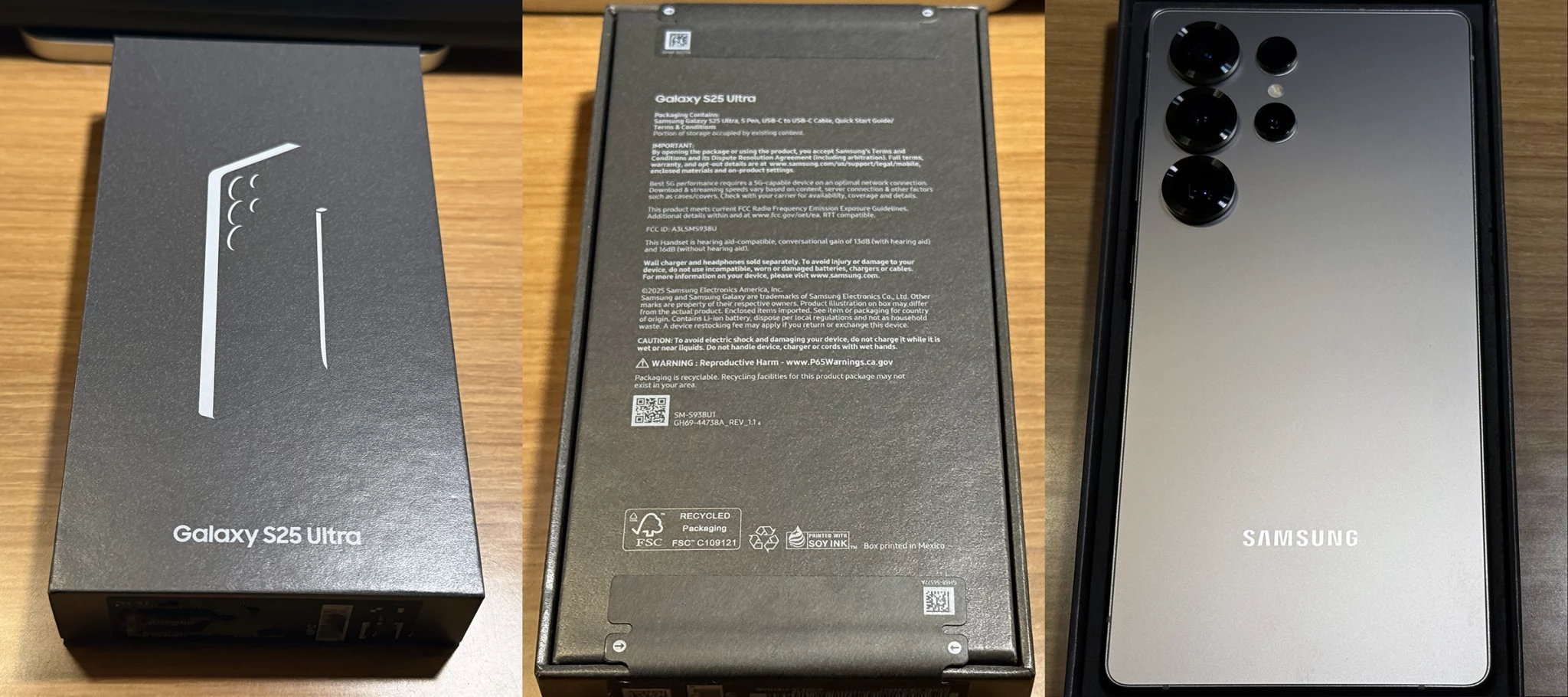In cases like this though, it’s not uncommon to find people asking “why would anyone take naked pictures/videos of themselves?“. That really isn’t simple to answer because it could be anything like initial fascination with the naked selfie to the fact that some folks like to document every part of their life including their private moments. And it’s not for me to judge others on that basis either. Flirting though (and the extremes to which it can go) is well, human nature. It’s why messaging software like Snapchat and Wickr exists (ephemeral/self-destructing messaging). The latter goes to the most extreme since everything is encrypted and no copies are saved anywhere (images sent via Snapchat are unencrypted which means there is the possibility for middle-of-the-man interception or unencrypted pieces remaining on Snapchat’s servers).
The Japanese even have a phrase for this; hadaka no tsukiai which translates roughly to naked communion/skinship. Basically all barriers are broken down and it’s a time to relax/enjoy each others company. This is primarily same sex bathing (mixed or konyoku onsen is not as common but do exist). Close friends often times snap some shots but keep those to themselves/amongst their circle. The other unwritten rule is to not take shots of strangers. Males tend to be freer when posting butt shots of themselves even online (it’s consider comedic). Females tend to keep those amongst close girl friends (though there are always exceptions) but they do the bare butt thing as well because one of my friends thought it would be funny to send a photo of themselves from the back, bare butt naked at an onsen while pointing up at the sky (a common joke pose). They knew me/trusted me well enough to not share the pics sent (and I never have/nor will).
The point is that while within the personal/private space context, there is this seemingly openness with nudity in the public bathing context, it doesn’t mean that it is okay for complete strangers taking photos/videos freely with the intention of it becoming publicly available. There are rules of etiquette (usually unwritten) which most normal people abide by on their own. Unfortunately, there are always exceptions (like the example I gave above with extreme voyeurism/paying someone to use a hidden camera) as well as accidental leaks with these private moments where some folks accidentally upload them by mistake. Others lose their phone which ends up in the wrong hands where the contents get uploaded for public dissemination.
The key thing I’m getting at is that technology allows for both innocent/private moment captures meant for a very specific audience versus being used as tools by those whose moral compass is lacking/can be bought to where it’s not surprising that ones personal moments can be made widely public like this in an act that some might consider victim shaming. But the actual story goes even further than this for the iCloud “leak”.
In the IT security circles, darknets are rather common. Everything from piracy of software to trading stolen personal information. In this particular case, I’m referring to very small niche networks of people who collect accidentally leaked media (images/videos) of celebs. If this is hard to understand, look at regular collectors who collect say obscure coinage or stamps within those respective circles. Jump on eBay and look at collectibles in general to get an idea of the breadth/niche of collectors. Some folks just happen to have this thing for nude celebs. The traders were just trading media like how one might trade some players baseball trading card for another.
And according to some security researchers, this particular iCloud leak was not a singular large hit…. what it was has been accidental image/video leaks over time with them traded via this underground dark network. The actual forensic evidence is bearing that out because while many images have EXIF data showing that they were taking with an iPhone, there are also other images that have EXIF data from other manufacturers. If this were a complete iCloud leak or even targeted iCloud account hacks, those images/videos would likely not even be on that iCloud account.
I also don’t mean to imply that it’s not out of the realm of possibility that they happened to take that media on another device, uploaded it to something like Dropbox, used Dropbox to import that media into the iPhone’s camera roll, and then have that data synced to iCloud. But given the context of selfies, that doesn’t make any real sense at all.
The real damage came when someone outside those trading circle darknets decided to package up what existed, and post them on a large image board like 4chan (the same thing happens often on the large Japanese bulletin board 2channel of both celebs and regular people). But there was no singular large file dump that is normally associated with a massive breach by one person or an organized group.
But even though the forensic evidence is showing that iCloud accounts weren’t brute force hacked and that this media leak wasn’t a singular event, Apple is doing the responsible thing in not trying to argue the above, and instead responding they’ll further increase security. The general media would castigate them for trying to explain the actual facts. Remember, the mass media cares more about sensationalism and bare minimum accurate/factual reporting because trying to detail the facts about darknets is not as interesting a headline as “massive iCloud leak of nude celebrity photos”.



